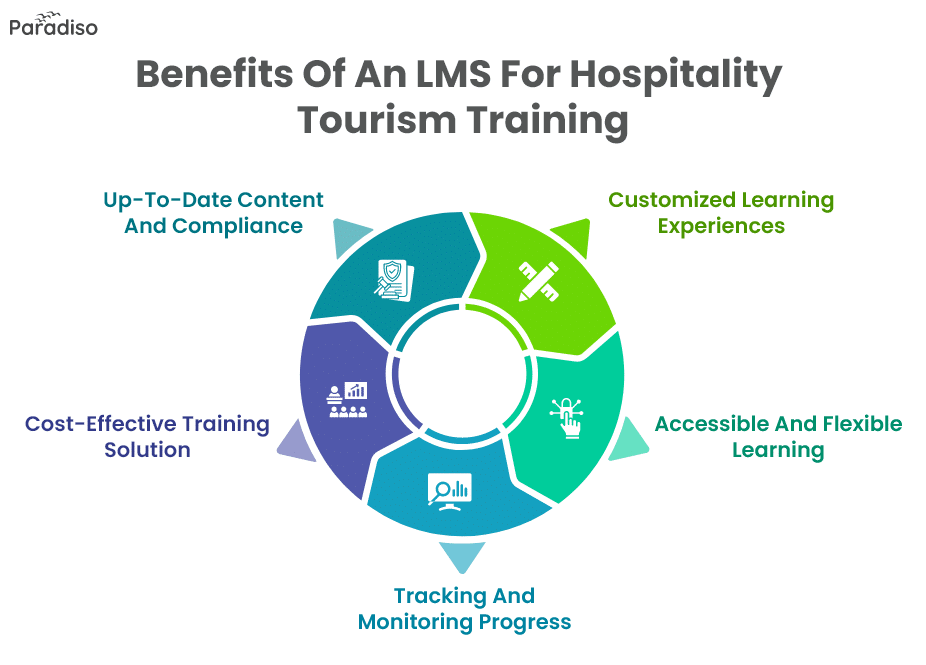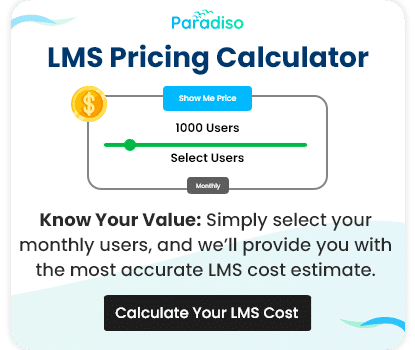In the dynamic and rapidly evolving sectors of hospitality and tourism, mastering management skills is crucial for success in 2025. Leveraging a Learning Management System (LMS) can revolutionize the way professionals in these industries acquire and apply essential knowledge. An LMS provides an accessible, flexible, and comprehensive platform for learning, offering a range of courses and resources tailored to the specific needs of hospitality and tourism management.

We have
something for you!
Are you still figuring out which LMS is the best? Grab the chance to explore the LMS Buyer's Guide and get started.

















